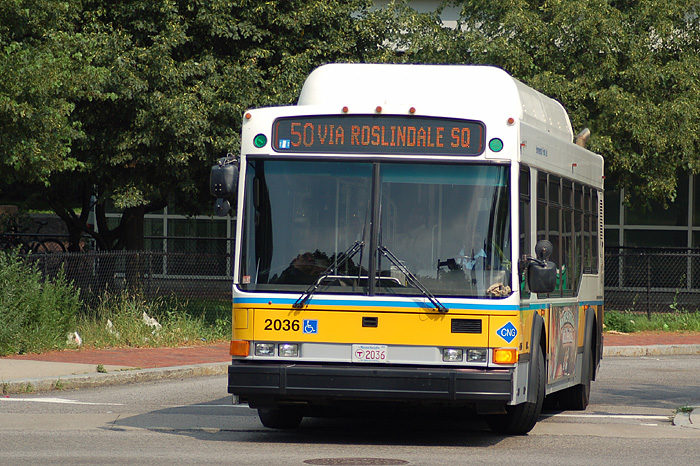Public Statement: Pioneer Applauds MBTA Control Board For Seeking To Modernize Bus Maintenance
Pioneer applauds the MBTA Fiscal and Management Control Board’s long-overdue action to use a competitive bidding process to modernize bus maintenance services. Seeking competitive bids on bus maintenance will likely produce cost savings and service improvement, as it has for the T’s money room and warehousing and logistics. The Institute further recognizes that there will be vocal and politically motivated opposition to this action, but believes that the Control Board’s central concern must be representing the interests of MBTA customers. It is extremely important for the T to take all reasonable actions to address its cost centers, especially in areas where costs are far more expensive than in comparable U.S. transit systems. (See Pioneer’s 2013 report, The MBTA’s Out-of-Control Bus Maintenance Costs.)
This step is not just about cost savings. Outsourcing bus maintenance will give the MBTA access to high-level management, technology upgrades, a modern supply chain, and even lower-cost parts. At a very human level, it will lead to more productive relationships among supervisors and laborers; for example, competitive bids will likely allow supervisors to perform basic functions alongside labor, which are prohibited under the current bus maintenance contract. The result is higher productivity and lower costs.
Since any service that is outsourced will be unionized, this is not a question of union versus non-union labor. This is the very same model that transit agencies across the state use, with the exception of the MBTA. All of the other Regional Transit agencies use this method. Similar moves to outsource the money room, part of The Ride, the operation of the warehouse, and other discrete areas of service have been essential to closing what would have been a $338 million deficit in the current fiscal year. Competitive contracting will lead to better service, lower costs, more accountability, and a more modern MBTA.
| Pioneer Institute is an independent, non-partisan, privately funded research organization that seeks to improve the quality of life in Massachusetts through civic discourse and intellectually rigorous, data-driven public policy solutions based on free market principles, individual liberty and responsibility, and the ideal of effective, limited and accountable government. |
Get Our Fix the T Updates!
Related Posts:



